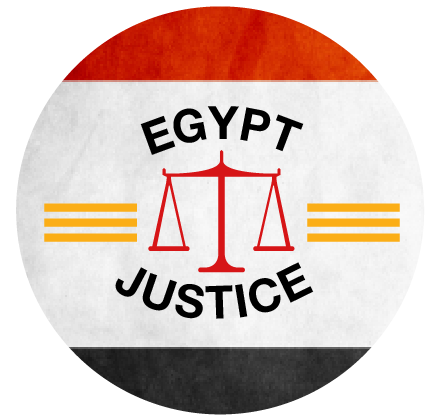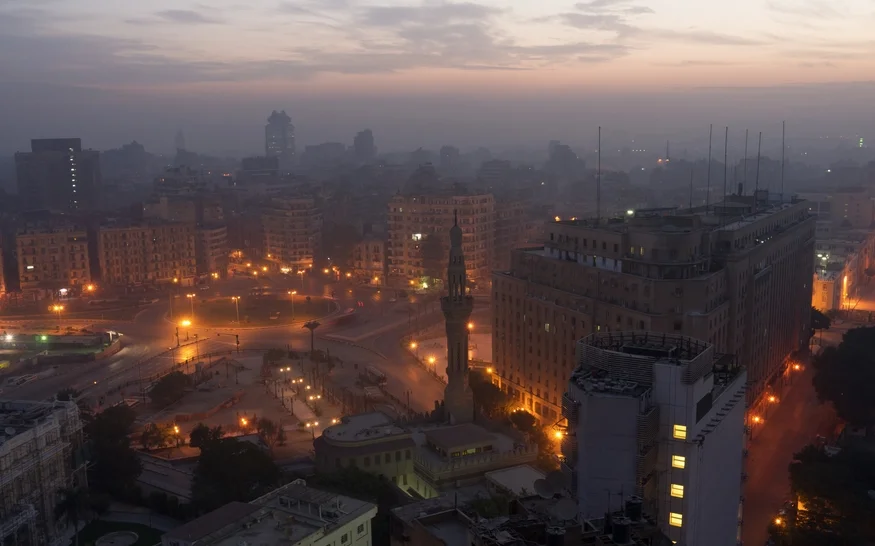Egypt’s judiciary is fiercely independent, and within the judiciary judges are individually independent.
As a general rule, Egyptian judges respond very negatively to any outside attempt to influence their rulings, making any such attempt almost certainly counter-productive due to the likely backlash. Alignment of interests with the executive branch on certain issues at various times should not be confused with executive control. The judiciary has a long history of struggles for independence from authoritarian regimes. (Read More)
Egypt has three supreme courts: the Supreme Constitutional Court, Court of Cassation, and Supreme Administrative Court. The Supreme Constitutional Court has exclusive jurisdiction to decide issues regarding the constitutionality of laws. The Court of Cassation is the supreme court of the common court system. The Supreme Administrative Court is the highest court of the administrative court system, called the State Council.
The Prosecutor General and the Public Prosecution Office he heads are an independent part of the judicial branch of government, not under executive authority or control. The Prosecutor General is a judge, selected from among the senior judiciary by the Supreme Judicial Council, and appointed by the President to serve a single term of four years. Multiple terms are constitutionally prohibited.
The Supreme Judicial Council is the governing body responsible for the administrative affairs of the ordinary judiciary. It has seven members, consisting of the President of the Court of Cassation, who serves as the council’s president; the two most senior Vice-Presidents of the Court of Cassation; the Presidents of the Courts of Appeal for Cairo, Alexandria, and Tanta; and the Prosecutor General.
The State Council or administrative court system, adjudicates disputes involving government actions (and sometimes inaction) and personnel and disciplinary actions involving government employees. It is also empowered by the constitution to issue legal opinions on issues involving government bodies, proposed legislation, and contracts to which the state or a public entity are a party. The judges of the Supreme Administrative Court hear and decide cases in panels of five.
Other judicial bodies include the State Cases Authority, which represents the state in civil litigation in which the state is a party, and the Administrative Prosecution, which investigates financial and administrative irregularities involving government entities and personnel.

